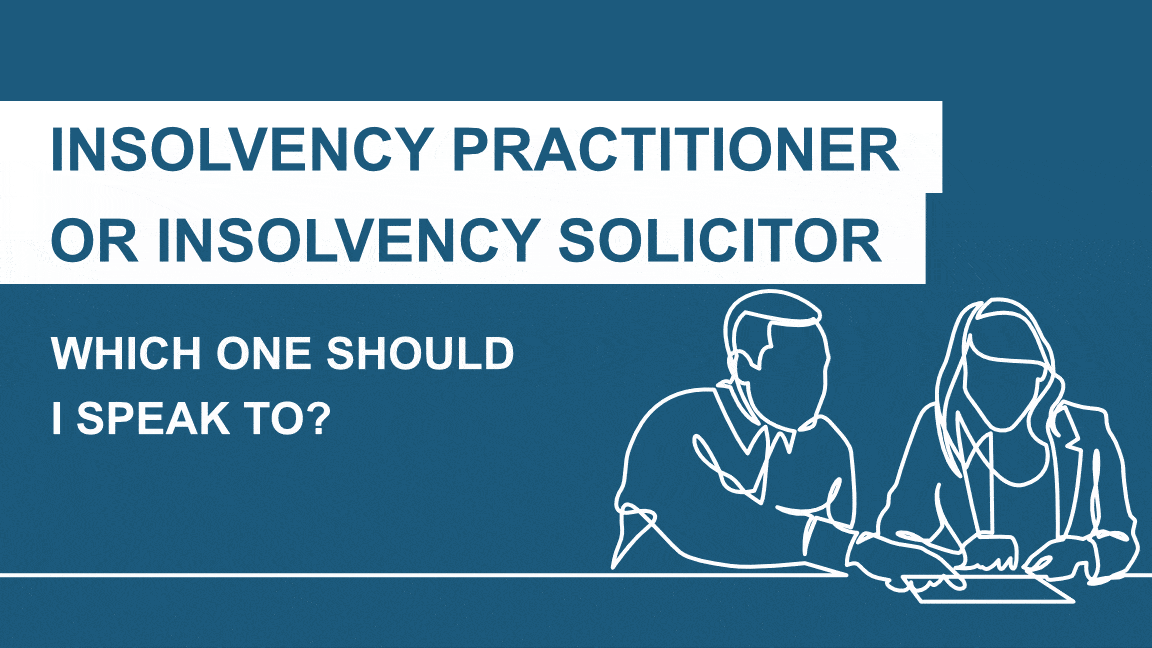Insolvency Practitioner Fundamentals Explained
Insolvency Practitioner Fundamentals Explained
Blog Article
How Insolvency Practitioner can Save You Time, Stress, and Money.
Table of ContentsFacts About Insolvency Practitioner RevealedThe Greatest Guide To Insolvency PractitionerEverything about Insolvency PractitionerThe Facts About Insolvency Practitioner RevealedThe Main Principles Of Insolvency Practitioner
Whether you need to use a bankruptcy professional (IP) to liquidate your business depends on various elements. While engaging an insolvency practitioner for all forms of liquidation is not a legal requirement, doing so can commonly streamline the procedure and make sure compliance with legal needs. Liquidating a business is a crucial choice that includes significant effects.
It is a procedure used when a firm does not have any kind of financial institutions, or all of their creditors can be paid off in full with statutory passion. Understanding the different kinds of insolvency processes can aid you identify the finest training course of action for your business's liquidation or various other formal insolvency procedures itself.
This is obligatory in order to abide by legal needs - Insolvency Practitioner. This is due to the fact that IPs have the essential qualifications and experience to make certain that the liquidation procedure is conducted based on all relevant legislations and guidelines. By involving an accredited insolvency practitioner, you can have satisfaction recognizing that your firm's liquidation procedure will certainly be dealt with expertly and in conformity with the appropriate lawful requirements
About Insolvency Practitioner
The bankruptcy practitioner is assigned as a liquidator and is in charge of managing the business and liquidator's financial obligations outstanding obligations and possessions. This process involves selling the company's possessions and dispersing the earnings to financial institutions. Upon completion of the procedure, the company is eliminated from the register at Firms House.
Falling short to do so can result in personal liability for the company or supervisor for the lender's debts. Volunteer liquidation, which consists of Creditors' Voluntary Liquidation (CVL) and Members' Voluntary Liquidation (MVL), is initiated by the firm's supervisors and shareholders when they can no more pay their financial obligations. In a CVL, the insolvency specialist is assigned as the liquidator, accountable for taking care of company debts and all company assets.

Excitement About Insolvency Practitioner
By evaluating the expertise and experience of potential bankruptcy practitioners, you can make sure that you pick a specialist that has the essential credentials to handle your firm's liquidation procedure properly. While insolvency practitioner-led liquidation is frequently the most ideal strategy for companies dealing with insolvency, there are alternate methods to think about, such as striking off and partial liquidation.
It's vital to evaluate all available options prior to picking the next best option or strategy for your business. Striking off companies' registers is a much more simple and cost-efficient means to shut dormant or little business without any financial obligations or possessions. To strike off a business, its name is eliminated from the Business House register by sending kind DS01.
Prior to going with striking off, it's essential to weigh the benefits and drawbacks of this method and take into consideration whether it's the ideal selection for your service. Partial liquidation is an additional choice to bankruptcy practitioner-led liquidation, where a firm sells off certain assets and responsibilities while remaining to operate with the remaining assets and obligations.
An Insolvency Expert will have the ability to encourage you of the very best course of activity to take and make certain that everything runs smoothly. Regrettably, it is not possible to sell off a company without a liquidator. Designating an authorised insolvency specialist is required for the process of voluntary liquidation to start.
The 4-Minute Rule for Insolvency Practitioner
It is possible to shut and liquidate your firm without using a liquidator, offered your firm is solvent and you satisfy the why not find out more eligibility demands to dissolve or liquidate it. However, if your firm is financially troubled, you might be needed to use a liquidator and start official bankruptcy treatments. Below are a few other informative articles concerning business liquidation in the UK:.
Remaining in a position where you're not able to pay your business's lenders is extremely demanding. In an attempt to avoid raising the level of financial obligation, lots of companies try to work out straight with their creditors and accept an informal plan. If the financial debt is quite tiny and owed to one creditor, and the financial institution is being participating, participating in an casual debt plan is most likely the most effective option, instead than browsing the web for 'a bankruptcy professional near me'.
On the other hand, if there are several financial institutions and the level of check this site out financial debt is big, lenders may not be so prepared or cooperative. In order to prevent liquidation or bankruptcy, it is better to work with an insolvency specialist to formulate official propositions and work out with see this here lenders on your part.
The 7-Minute Rule for Insolvency Practitioner
Whilst it is a method to handle debt, there are significant threats included with this type of debt arrangement - Insolvency Practitioner. If a financial institution is ready to enter right into a casual arrangement (IA) wherein the debtor has accepted make routine, if reduced, payments to pay off the debt, it is necessary to stay with the agreement

As a result, the creditor is within their legal rights to revoke the arrangement and petition the courts for your business to be sold off at any time. A formal arrangement that has been recommended by a bankruptcy practitioner in your place, and agreed by a lender, gives a much safer option.
Report this page